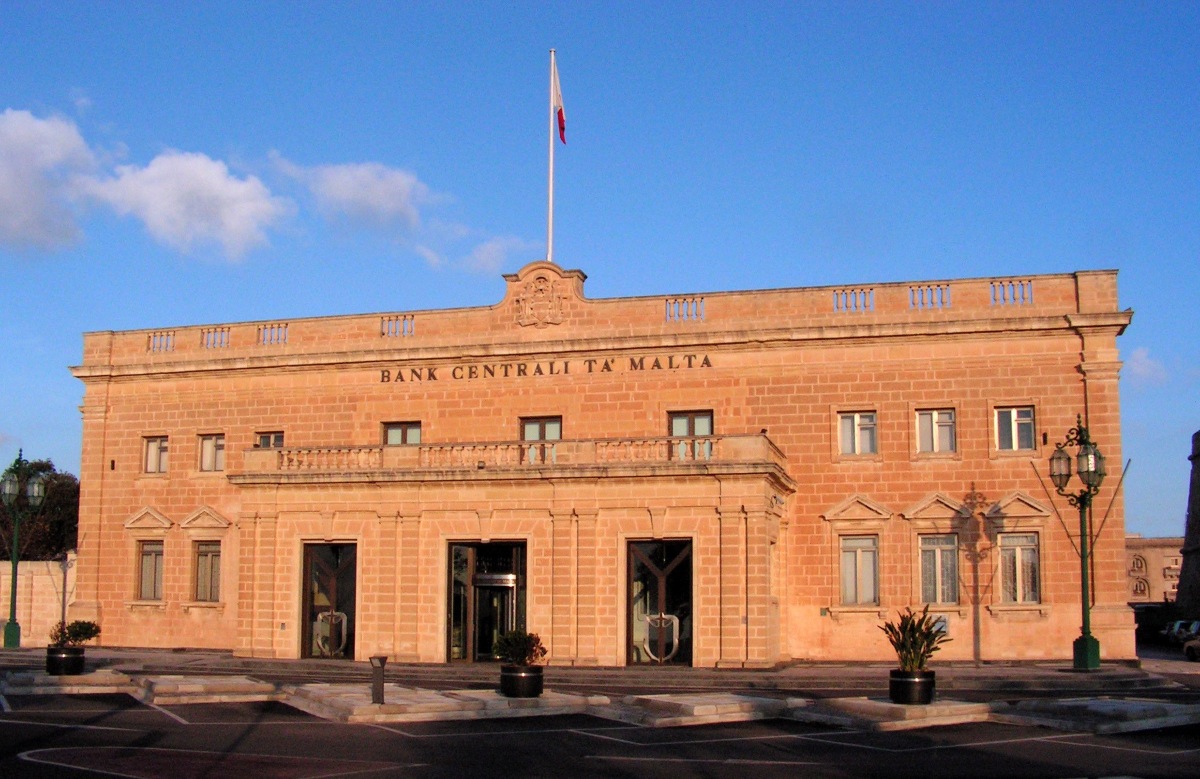English language schools are on life support as student numbers remain a fraction of what they once were, but thanks to Government measures like the wage supplement and the MTA upskilling scheme, they are weathering the crisis and remain hopeful of a strong recovery, says the CEO of the federation representing the industry.
James Perry, who leads the Federation of English Language Teaching Organisations (FELTOM), says that the situation remains dire as restrictions on travel mean that most schools have seen their students decrease significantly.
“Schools are having a couple of students – literally a couple,” he says. “Obviously, this is not sustainable, and schools cannot hope to cover any of their expenses with things as they stand.”
The Federation is hoping that the vaccine rollout, which Mr Perry commends, will result in a return to “some semblance of normality”, and with it the return of students to our shores.
He says that demand remains strong, and constant communication with agents in source markets has been crucial to ensure that the networks that made the industry a successful one remain in place.
However, few students are willing to book their spots due to uncertainty over what the situation will be like in the coming months.
“The wish to travel is there,” says Mr Perry, “but no one is committing until they get more information.”
The few students who do come do so for the long term, with many having to stay quarantined for two weeks in a safe country before continuing their journey to Malta.
“Unless you’re coming for a number of weeks or months, it would not make sense to spend another two weeks just to be cleared to come into the country,” he explains.
As they wait for a lifting on travel restrictions, English language schools have been trying to attract locals or local businesses to encourage upskilling processes.
“The MTA scheme for upskilling workers in the tourism industry saw a lot of schools get involved in providing training to increase the general level of English in the sector.”
Mr Perry says the Federation is now trying to mimic the scheme together with the Malta Chamber of Commerce, utilising upskilling funds available from JobsPlus. He adds that the proposal was submitted during a recent meeting and talks are currently ongoing, with the Federation hoping that local businesses take up their offer.
Mr Perry also points out that this was not the only way English schools have been adapting. Some are taking a different path by obtaining accreditation from the recently set up Malta Further and Higher Education Authority (MFHEA) to provide education for locals.
These attempts, along with measures like the wage supplement, have saved the industry from collapse, but hard figures on the impact of the crisis on employment in the sector are difficult to collate due to the industry’s seasonality.
For most schools, Mr Perry says, the situation was one where the usual influx of teachers for the summer was not needed, with the Government measures and schools’enterprising spirit preventing a mass exodus of jobs.
He points out that the industry has typically had the opposite problem, where demand for teachers outstripped supply – a situation, he adds, analogous to that seen in general education. He is therefore confident that employment in the sector will enjoy a strong recovery as soon as student numbers start increasing.
“We are all looking forward to seeing the industry get back on its feet and having teachers re-join so we can together keep providing the excellent service that has put Malta strongly on the map for English learners,” he concluded.
Number of people earning over €60,000 triples since 2021 in Malta
High earners make up 8.5% of Malta’s workforce
MCF calls for co-operative banking and social reuse of state assets in Budget 2026 proposals
Federation urges policymakers to empower communities and broaden SME access to credit through co-operative reform
Central Bank of Malta considers national mobile payment platform to simplify instant transfers
The CBM also plans to increase the minimum cheque amount from €20 to €50, encouraging smaller payments






